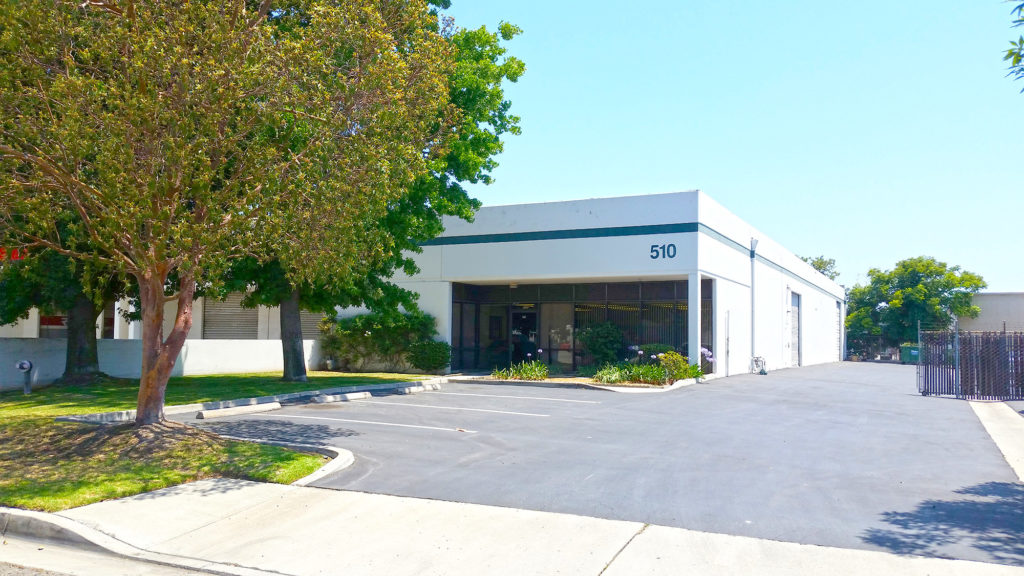In this first installment on the subject of commercial real estate options, we focus on the pros and cons of options to renew the lease term.
The AIR net and gross leases, the most commonly used lease documents in California, define options broadly;
“Option” shall mean: (a) the right to extend or reduce the term of or renew this Lease or to extend or reduce the term of or renew any lease that Lessee has on other property of Lessor; (b) the right of first refusal or first offer to lease either the Premises or other property of Lessor; (c) the right to purchase, the right of first offer to purchase or the right of first refusal to purchase the Premises or other property of Lessor.
In this first installment on options, we focus on the pros and cons of options to renew the lease term.
An option is a right to take a specific action granted by the landlord that can be exercised by the tenant under stipulated terms and conditions. Thus, in the world of leasing, options only benefit tenants, especially since there is seldom any compensation paid to landlords for the granting of an option. So, savvy landlords are loathe to agree to the granting of options that could potentially impact control over their investments.

Let’s take a closer look at the most common of options granted to tenants here in Southern California: the option to renew the lease for additional term.
Most leases run for 3 to 5 years depending on the size of the space and the preferences of the parties. Tenants who are concerned over how long they will be able to operate in a space efficiently tend to favor shorter leases with options to renew the term so they can reassess their needs more often. Landlords generally prefer longer leases without options to renew. A longer lease delays the possibility of lost income due to vacancy and the high cost of refurbishing and retrofitting the space for a subsequent tenant. Longer leases are also more attractive to potential investment buyers who will pay a premium for a more stable income stream, and also to lenders who want assurance that there will be a reliable stream of rental income available to service the debt.
If a landlord grants an option to renew a lease, he is committing to the tenant’s occupancy for both the initial term and the term of the option. In other words, until the tenant decides not to exercise the option, which is usually done between six and three months from the original lease termination date, the landlord must assume that it will be exercised. So, a 5 year lease with a 5 year renewal option is a 10 year commitment by the landlord.

This limits the value of the property to a market cap rate applied to existing rental income, which is often less than the value of a vacant building sold to an owner/user buyer. Add the fact that market rent growth may exceed fixed rental increases set forth in an option, as they recently have, and it’s easy to see why a landlord would try to avoid options to renew.
Most landlords who do agree to the granting of renewal options prefer setting the rent for the renewal term at “fair market value” rather than by fixed increase. That way they can catch up to market rates more frequently. It is important to have a clearly written methodology for determining what fair market value is. There is little risk to the landlord in the fair market value approach, as the tenant is not likely to exercise an option that has a fixed rental increase that is above market, and would insist on modifying the rental rate to reflect the current market anyway.
The bottom line on options is that they are market driven.
Tenants will push for them if they can because they offer choice. Landlords agree to options primarily as an incentive to secure a tenant sooner or one that is highly qualified. The respective positions of the parties are clear. Tenants should insist on an option to renew whenever possible and landlords should say no to options unless they have to.
In part two, we look at some ways to bridge the gap between the parties. View it here.


Leave a Reply
You must be logged in to post a comment.